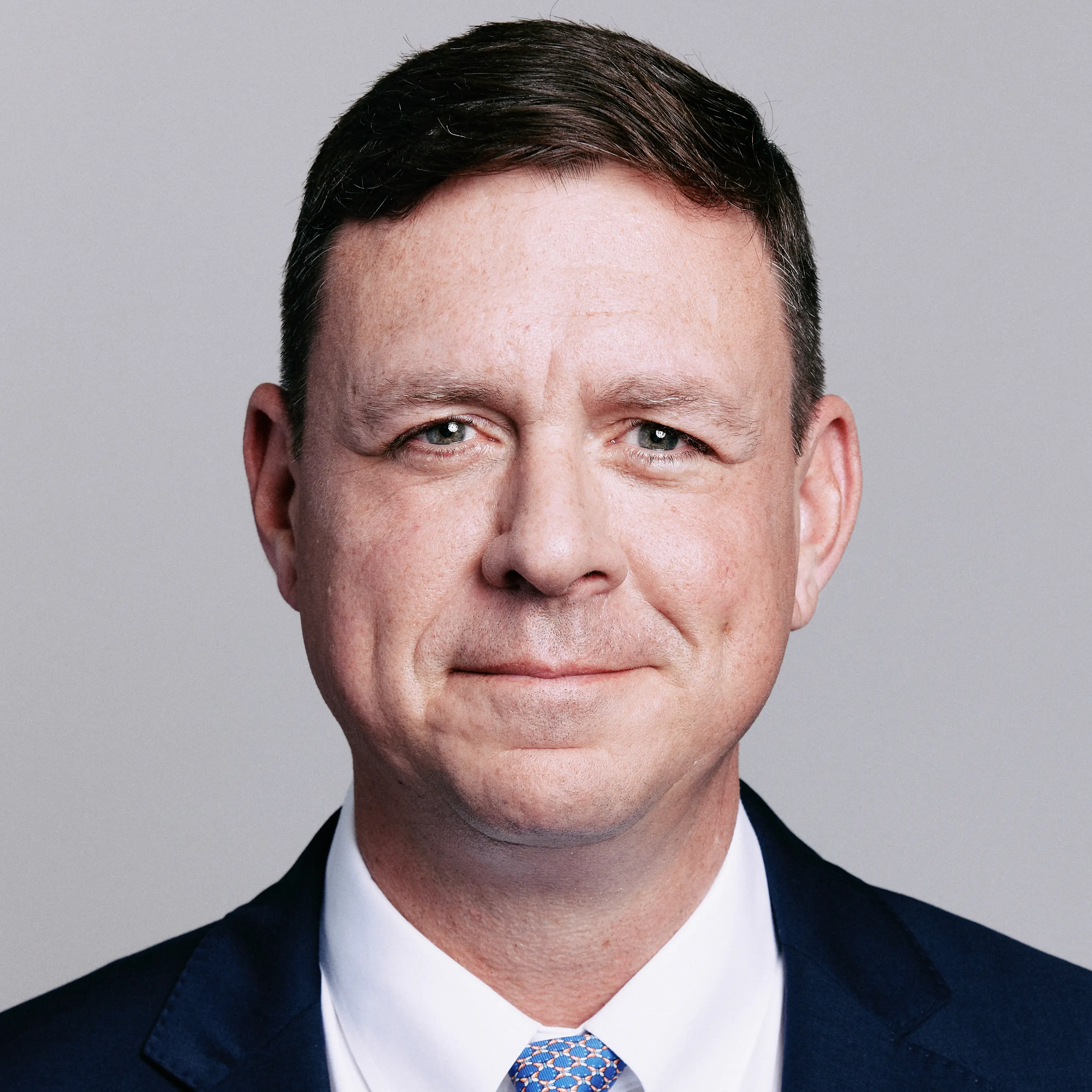What Role Should Pastors and Elders Have in My Life?

Pastors are called to shepherd the flock of God. But what does that actually look like? Today, Burk Parsons explains the role of pastors and elders in the church and in the life of a Christian.
NATHAN W. BINGHAM: What role should pastors and elders have in my life? I'm here on the Ligonier campus with one of our teaching fellows, Dr. Burk Parsons. So, Dr. Parsons, what role do pastors and elders have in the life of Christians?
DR. BURK PARSONS: That's an important question. Pastors and elders in the New Testament largely have the same role. Pastor, the word pastor, means "shepherd," and elders are called to shepherd God's flock. Peter, in 1 Peter 5, tells the elders, and speaking of himself as an elder, commands that they would shepherd the flock of God among them. And that implies that the elders, including the pastors, are among the flock of God, because as pastors and elders, we are sheep as well, and we are called to shepherd God's flock.
We have to remember that God's flock is God's flock. Ultimately, the congregation that I serve is not my flock. It's not my congregation. It's God's congregation. It's the bride of Christ. It's the flock that belongs to our Lord. And so, in the New Testament, pastor is a name that describes those who shepherd God's people.
And so, pastors and elders, in many ways, are interchangeable. Pastors are elders and elders pastors. And we are called fundamentally to shepherd the flock of God. And the way in which we do that is by teaching and preaching. And in teaching and preaching, we are also helping to train up God's flock as disciples in Christ and to help them guard against false teaching, to protect them against wolves and against those who would creep in unnoticed. To help God's flock to know not only what they believe but know who it is they believe. And to know why they believe what they believe. To rely upon the Lord and rest upon the Lord. To depend upon the Lord as they follow the Lord in all of life.
So, shepherding is a component as we see from both the Old and New Testaments. We can even see this from Psalm 23 and from John chapter 10 as Jesus describes Himself as our Chief Shepherd, that shepherds guard and protect. Shepherds will keep sheep from fighting with one another. They will protect sheep from predators coming from the outside. They will do what they need to do to make sure that sheep are properly nourished, that they are properly fed. They will call to their sheep and they will lead their sheep into green pastures. They will take them to waters and as shepherds would, throughout the ages, they would dam up the waters in the creeks upstream so that it would be still so that lambs and sheep could drink from those still waters.
So, shepherds are called first and foremost to shepherd God's people, but not with the end of shepherding them unto ourselves but rather shepherding them to Christ. Our goal is to point God's people to Christ the Chief Shepherd, not ultimately to point them to us. So, as pastors and elders, we have authority in the lives of God's flock, but it is a ministerial or declarative authority. It is not an absolute authority. Christ is the Chief Shepherd of His church, and He is the only One who has that ultimate authority with His people. And our job as shepherds is to point God's flock to Christ, to rest in Him, to depend upon Him, and to follow Him into green pastures.
Recent Episodes
What Does It Mean That Jesus Is “Where Two or Three Are Gathered” in His Name?
February 19, 2026|Church Discipline
Why Is the Lord’s Supper Important?
February 5, 2026|The Lord’s Supper
Will We Need Jesus as Our Mediator in Our Glorified State?
January 22, 2026|The Intercession of Christ
Which Commands and Promises in the Bible Only Apply to Those Being Immediately Spoken to and Which Apply to All Believers?
January 8, 2026|Biblical Interpretation
Did the Old Testament Saints Know God as Trinity?
December 25, 2025|The Trinity
What Is Common Grace?
December 11, 2025|Common Grace

